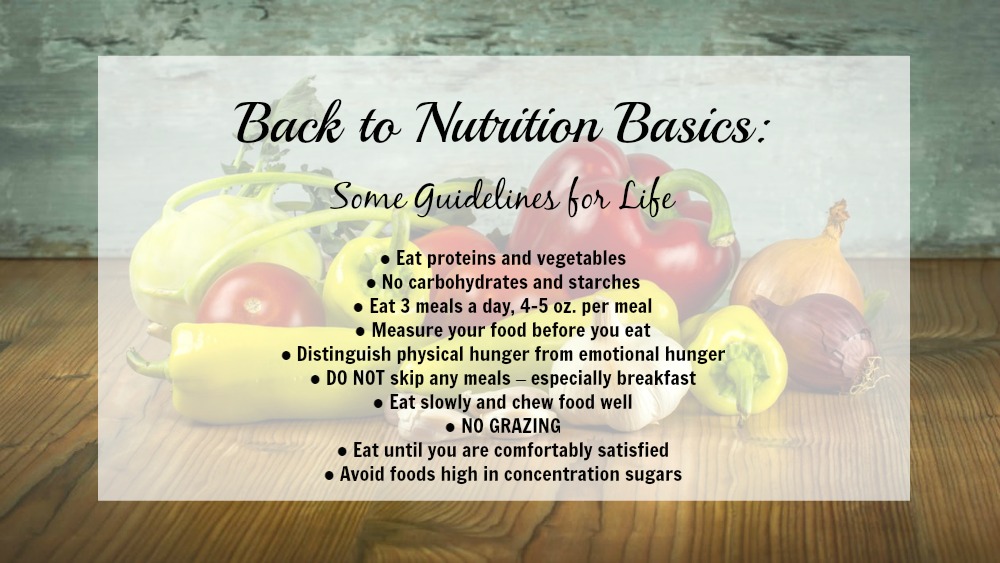
Learn more about weight loss surgery from Rocky Mountain Associated Physicians at www.RMAP.com
A huge resource with success after weight loss surgery is making sure you are drinking enough water. Drinking enough water at appropriate times is essential to long-term weight loss. For example: You should be drinking 64+ ounces of water each day. That is equivalent to almost 4 (16.9 oz.) water bottles. You should be drinking constantly throughout the day. Carry a water bottle around with you and drink between meals.
You should also NEVER drink carbonated beverages and remember that juices are high in calories, so no more than 2 oz. per day. Drink caffeine or alcohol very sparingly, if at all. If you aren’t drinking four water bottles or 8 (8 oz.) glasses of water, then you aren’t drinking enough and could be at risk for dehydration.
If you are properly hydrated, then it will help decrease feelings of hunger, proper bowel function, remove toxins from your body and improve memory and decrease feeling of depression. Americans are notorious for mistaking their thirst drive for hunger, when what they really need is simply a drink of water.
Another helpful basic guideline for weight loss surgery is making sure you get in some exercise. The U.S. Department of Agriculture (USDA) recommends 1½ hours of exercise per day for weight loss. One hour per day is recommended for weight maintenance. Exercise changes muscle tone and helps skin elasticity. One of the most over looked, but excellent benefits of exercise, are the psychological benefits. Exercise releases endorphins in your body which are nature’s own anti-depressants. In simple terms, it will make you feel better and have an improved outlook on life.
You may participate in any exercise that you desire; walking, bicycling, dancing, hiking, aerobics, swimming, etc. If you are exercising…keep it up and never stop! If you are not exercising…start now! How? By putting one foot in front of the other and walking out the door! Begin by just walking at a normal pace for 10 minutes. Gradually, over time, begin walking at a more brisk pace and double your walking time. Set goals to increase the duration and intensity of your exercise program. Plan to be active 5-6 times a week and you will feel great. Think of all of the wonderful things that you will see and do each day.
As far as food cheap phentermine online pharmacy goes, you should be eating mainly proteins and vegetables. Complex carbohydrates and starches should be consumed sparingly, if at all. Eat three meals a day, 4-5 oz. per meal. You can measure your food before you eat and that can help stay within the limits as well. It is crucial you learn to distinguish physical hunger from emotional eating. If you get physically hungry between meals, try drinking water first. If physically hungry, add a protein snack (limit 2 snacks per day).
DO NOT skip any meals—this includes breakfast! Breakfast is the most important meal of the day. Make sure you make the time to eat a healthy, well-balanced breakfast before heading off to work or errands or dropping the kids off at school.
Eat slowly and chew your food well. It should take about 20-30 minutes to eat a meal. Eat until you are comfortably satisfied, but no more than 6-8 oz. per meal. You should avoid foods that contain high concentration of sugar, corn syrup, etc. There should be no grazing throughout the day or while preparing a meal.
Remember these few guidelines and it can help you to stay on track for a successful weight loss surgery. If you do have concerns about weight gain, or show signs of it; such as sugar cravings, weight increase, old habits returning, loss of exercise dive, feeling of less energy, emotional upset, drinking carbonation, loss of support, episodes of grazing, etc., try going back to the 70/30 rule. 70% protein, 30% vegetables. Increase your water intake and cut out all sugars (fruits, fruit juices, cookies, candies, sweets) and cut out all carbohydrates (bread, pasta, rice, chips, potatoes, tortillas, crackers). Be sure you are exercising at least one hour per day.
If you are still having problems, please call Rocky Mountain Associated Physicians (RMAP) at (801) 268-3800 and we can help you with suggestions on getting back on track. We will also want to run some labs to make sure there isn’t anything else going on, or to make sure you aren’t low in iron, calcium, etc. You can also call the Weight Treatment Center at (801) 268-7479 for help with weight regain. We are here to help!
What are your tips and suggestions on staying on track after weight loss surgery?
www.RMAP.com
Rocky Mountain Associated Physicians
801-268-3800
1160 East 3900 South, Suite 4100
SLC, UT 84124








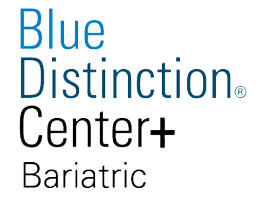

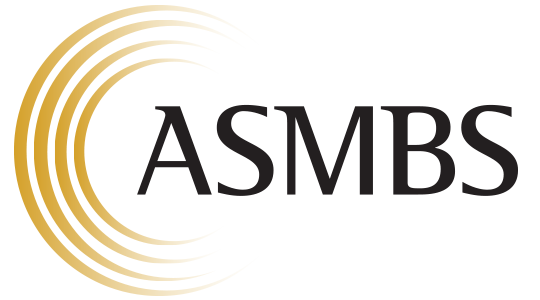
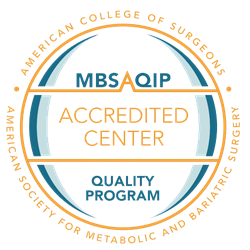
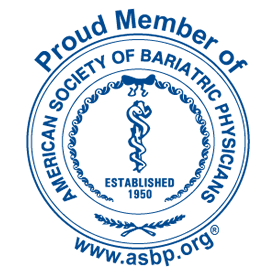
 Address: 1521 East 3900 South STE 100
Address: 1521 East 3900 South STE 100 Office: +
Office: +  Fax number (801) 268-3997
Fax number (801) 268-3997 Email: info@rmapinc.com
Email: info@rmapinc.com



